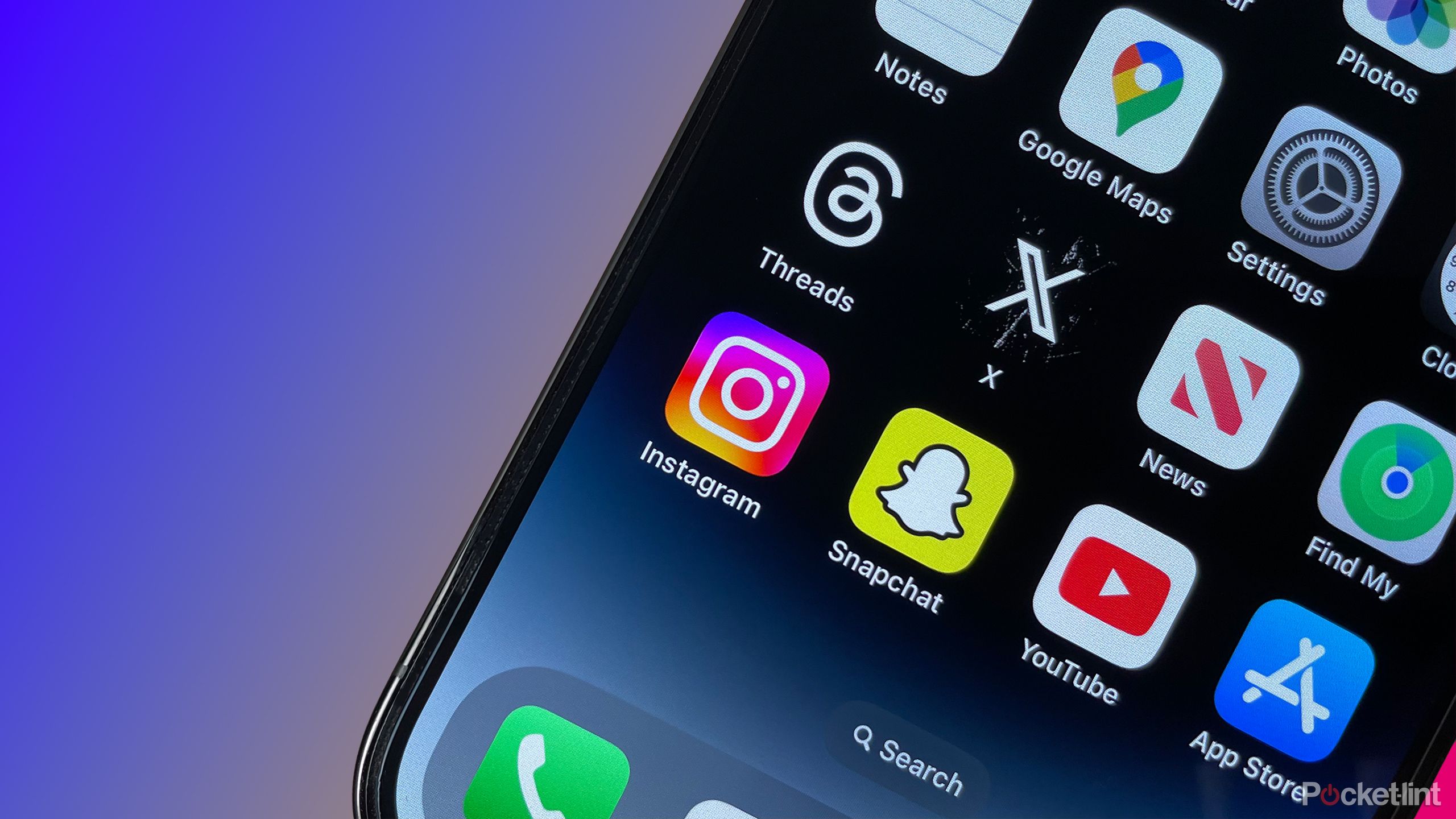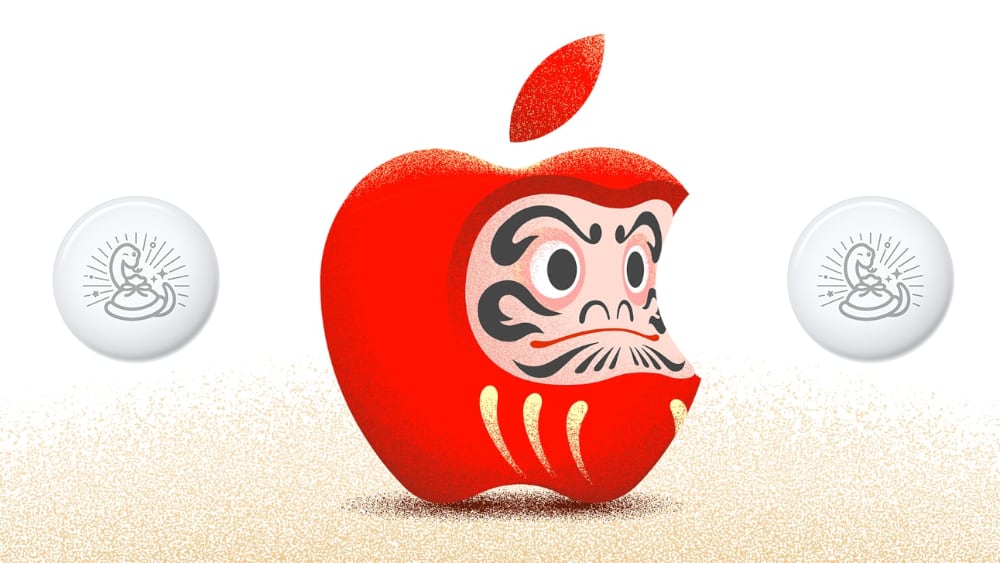Apple starts rejecting apps using device fingerprinting to track users
Apple is expected to roll out its iOS 14.5 update for iPhones sometime during the spring. The update will bring in the company’s new App Tracking Transparency framework, bringing in all privacy rule changes. A number of these privacy rules have gone active ahead of the formal rollout, latest of which seems to be one that will make device fingerprinting a thing of the past on the App Store.
To recall, the company had earlier told developers that the new rules about the use of the Identifier for Advertisers (IDFA) cannot be circumvented by any means, if done so, it would lead to the app being banned from the store. This policy seems to have gone live as the store has started rejecting apps and updates if they contain any sort of device fingerprinting measures.
After the iOS 14.5 update is rolled out the new privacy rules will come in full effect and will require any app that uses IDFA for targeted advertising to notify the user during download and attain their consent.
After the news about the new privacy rules broke, the marketing industry showcased a lot of displeasure, due to which Apple anticipates that developers might attempt to use device fingerprinting as a substitute.
What is device fingerprinting?
Device fingerprinting is a means to log a list of device qualities and characteristics including IP addresses, web browser versions and plugins, lists of installed apps, screen resolutions, language settings and time zone and more in a form of a unique combination. With all of these characteristics, combined marketers can create a unique profile for each and every user.
The indication that Apple has already started implementing the new policy came as and when various developers started complaining on forums, social media and company Slack channels about their apps being in violation of Apple’s privacy rules. All of these developers had received a common message stating, “Your app uses algorithmically converted device and usage data to create a unique identifier in order to track the user.
In some of the cases, the app publishers were not even aware that they were engaging in device fingerprinting. As many of them use SDKs that have other primary functionalities but also engage in user tracking in the background. Such developers will have to find other similar SDKs to keep their apps in the store.
One of the biggest companies exploring the idea of device fingerprinting is Snap Inc. According to a report by The Financial Times, Snap has looked into implementing a technique called “probabilistic matching” for Snapchat. However, keep in mind that Apple in its privacy policy change has already ruled out the use of probabilistic matching.




